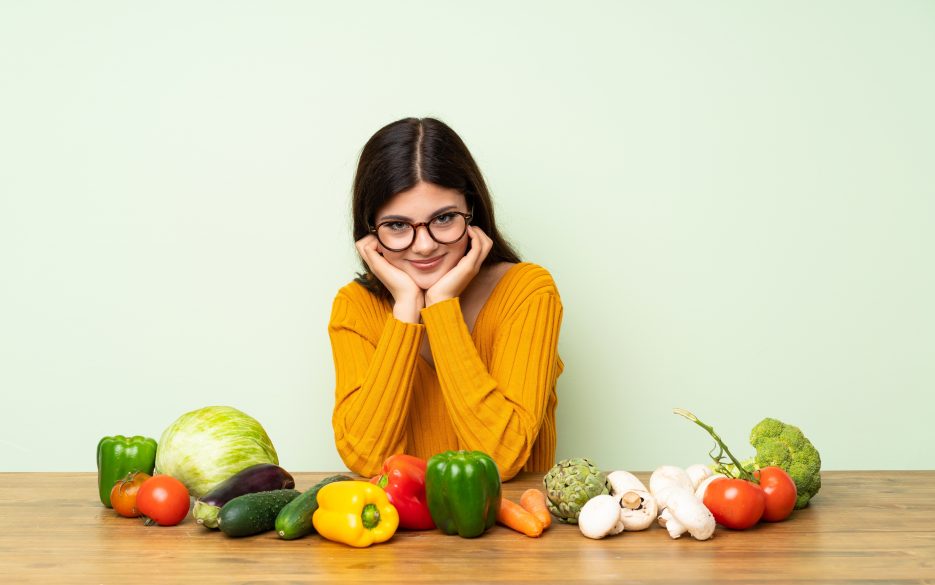Eyesight, like our entire body, must get protected as early as possible. There are many reasons why our vision is getting worse. Visual acuity decreases not only due to bad habits but also due to a lack of essential nutrients. To improve vision, it is important to eat in a measured way, choose compatible and quickly digestible foods, and make sure that the meals you eat contain the necessary amount of vitamins.
Why Is Nutrition Important for Good Vision?

From time to time, human eyes can be vulnerable to diseases like cataracts, glaucoma, or AMD (age-related macular degeneration). To prevent them, you need to incorporate vegetables, which are good for the eyes in addition to being healthsome for other systems.
The principle behind nutrition for good eyesight is simple — you have to consume products that contain vitamins:
- Vitamin A is important for eyesight, as it is an integral part of the retinal pigment. Lack of this vitamin can cause so-called “night blindness”, the state when your vision weakens in twilight and darkness.
- Vitamin C is responsible for the blood supply to your eyes, and it provides additional protection against ultraviolet radiation. Ascorbic acid (another name for vitamin C) is an antioxidant helping to decrease oxidative stress in human eyes.
- Vitamin E is an equally powerful antioxidant. Products containing this vitamin lower the risk of premature aging of the eye tissue and degenerative changes in the retina and iris. The systematic consumption of vegetables full of this vitamin counteracts the threat of ocular tumors.
Vegetables to Help Your Eyes
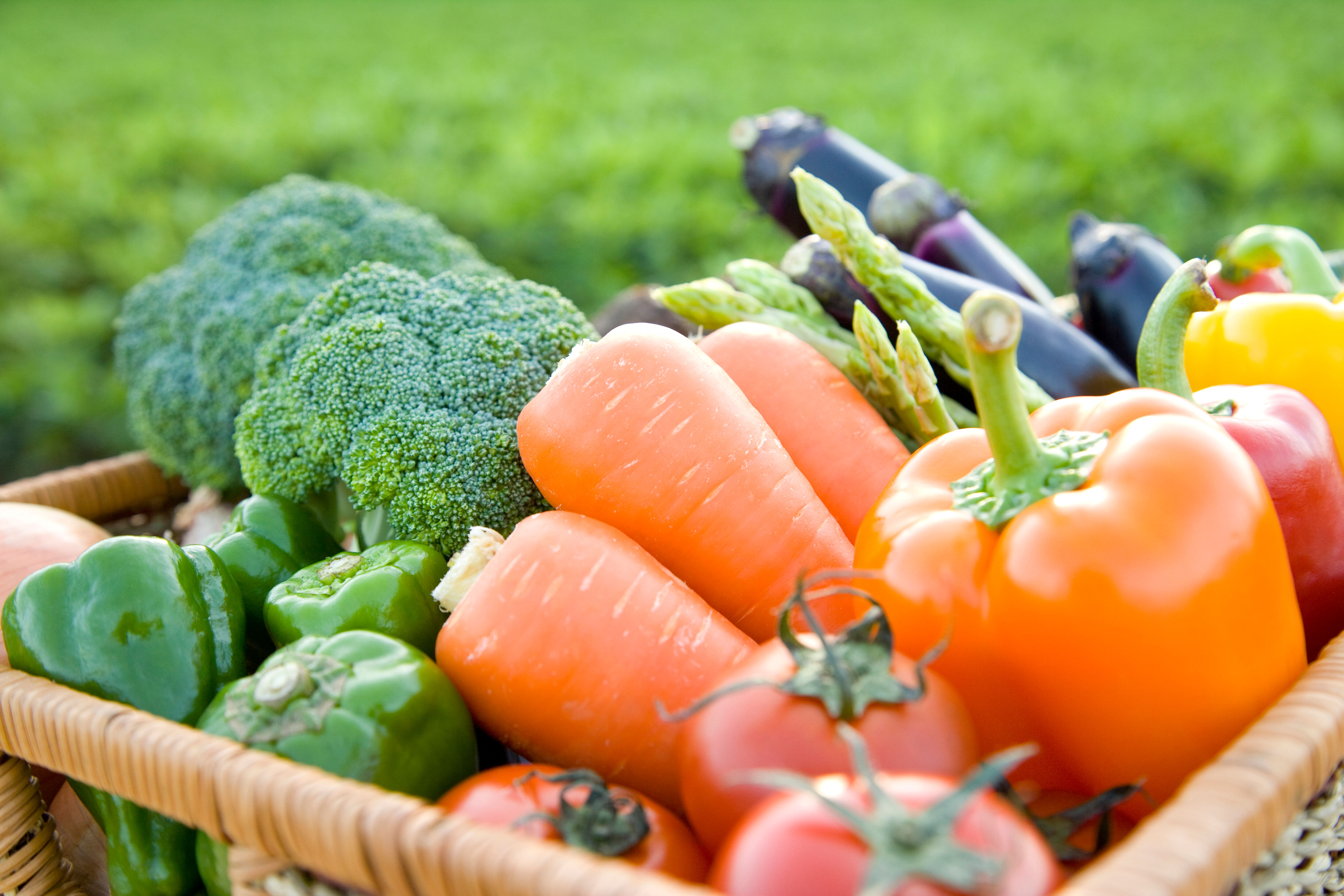
There are a lot of vegetables that help with eyesight; if they are consumed regularly, they bring a positive impact on the functioning of the eyes and the state of human vision.
Ophthalmologists and nutritionists advise eating vegetables rich in antioxidants and foods high in vitamins to correct poor eyesight and cope with everyday stress. Vitamins are excellent for dealing with free radicals, which are detrimental to both eyesight and the entire body.
To maintain excellent vision and restore damaged eyes, as well as help them recover from various diseases and pathologies, it is vital to consume vegetables good for the eyes.
Kale
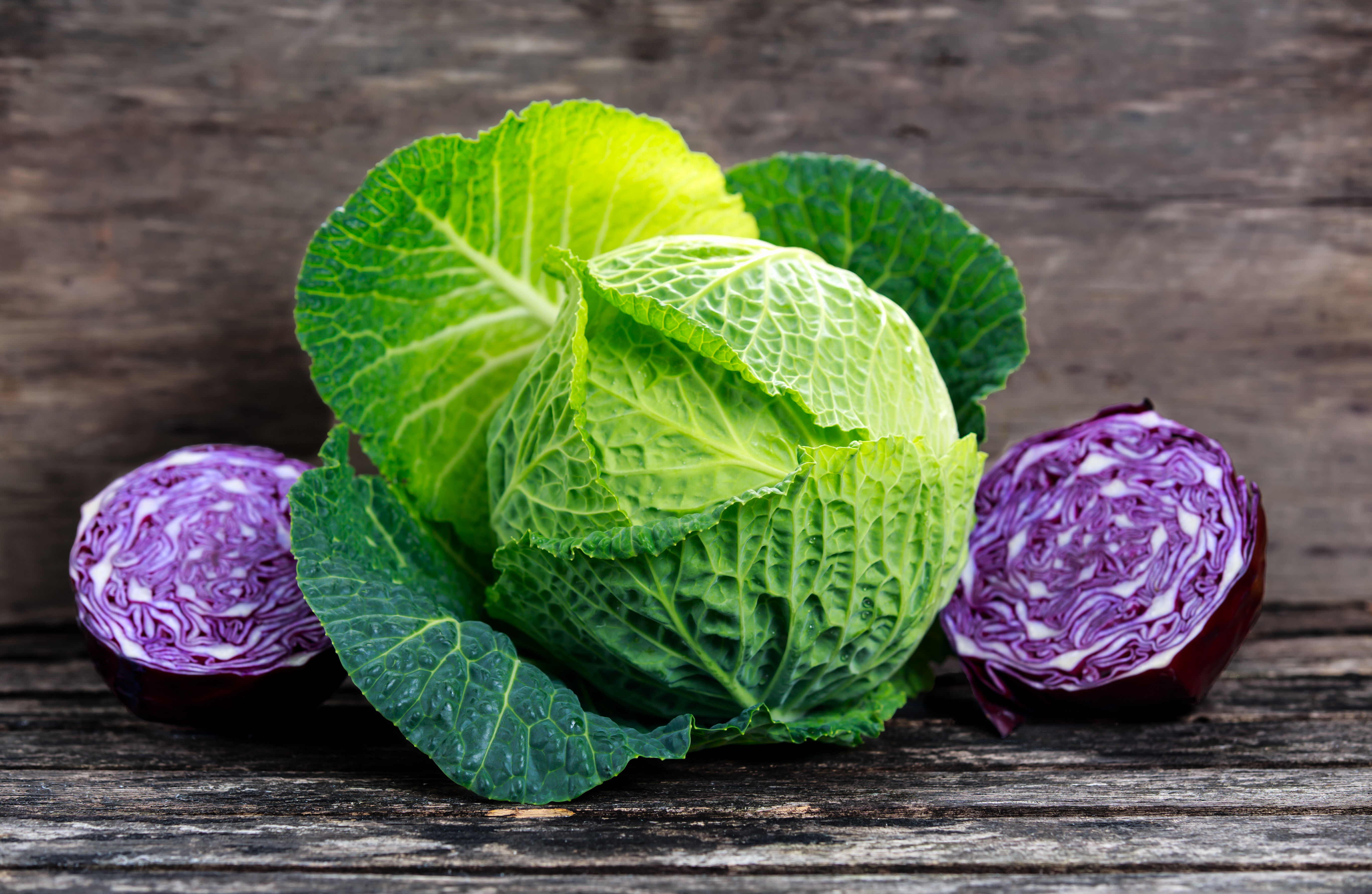
This type of cabbage helps to improve vision and prevent eye diseases such as cataracts. It contains lutein and zeaxanthin, which are very beneficial for eye lenses. Besides, Kale is included in the list of vegetables that help with eyesight since it contributes to protecting eye tissue from sunlight damage and reducing the risk of age-related eyesight changes. If you find it difficult to get this cabbage, or you are not a fan of it, you can replace it with white cabbage or broccoli.
Spinach
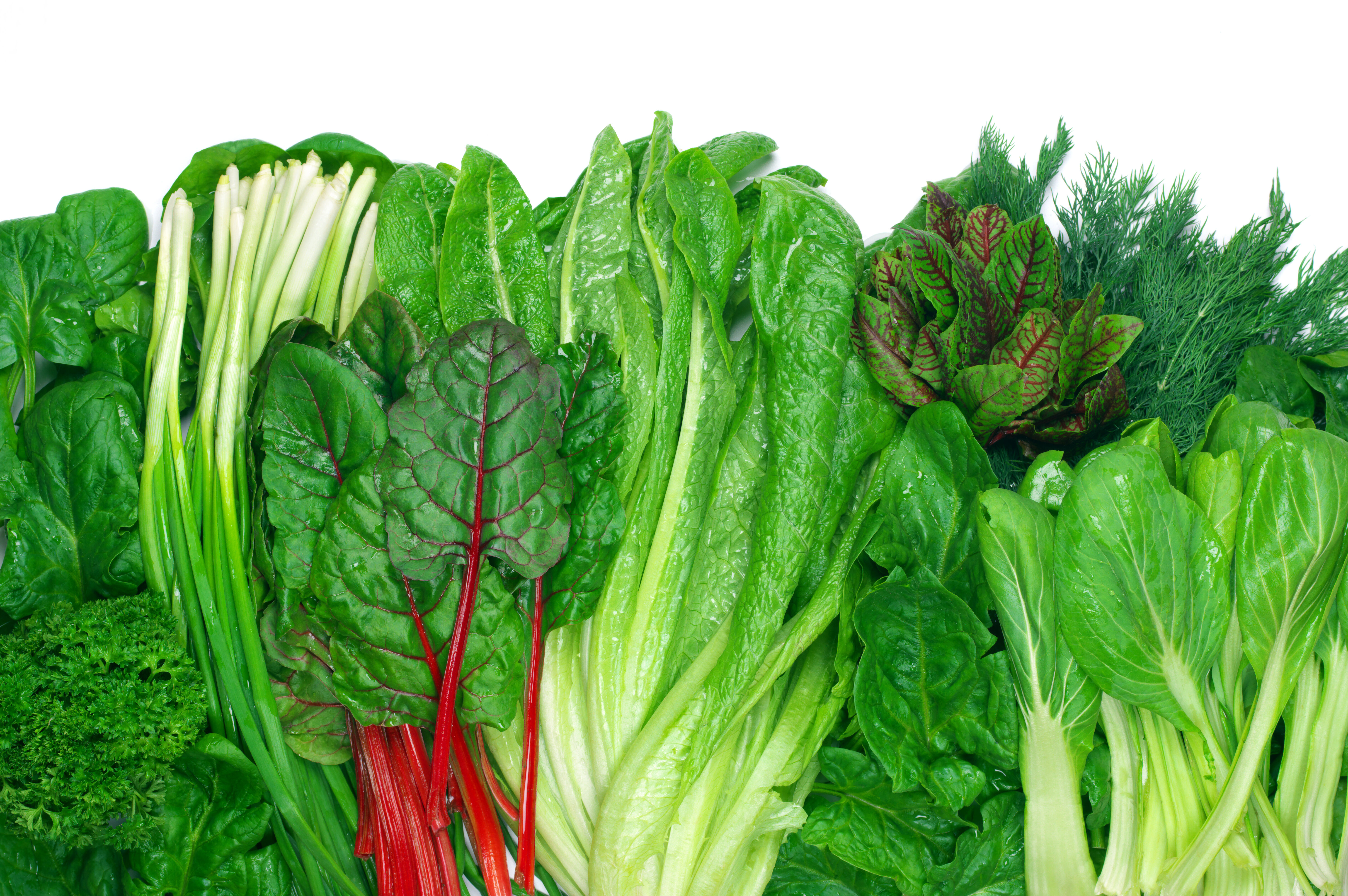
Spinach, being a green vegetable, is also replete with zeaxanthin and lutein. These relatives of carotene belong to carotenoids contained in the retina and macula — the zone of the greatest visual acuity. Spinach and other greens are just the kind of vegetables that help eyesight, protecting eye tissue from UV radiation and aging.
Sweet potatoes
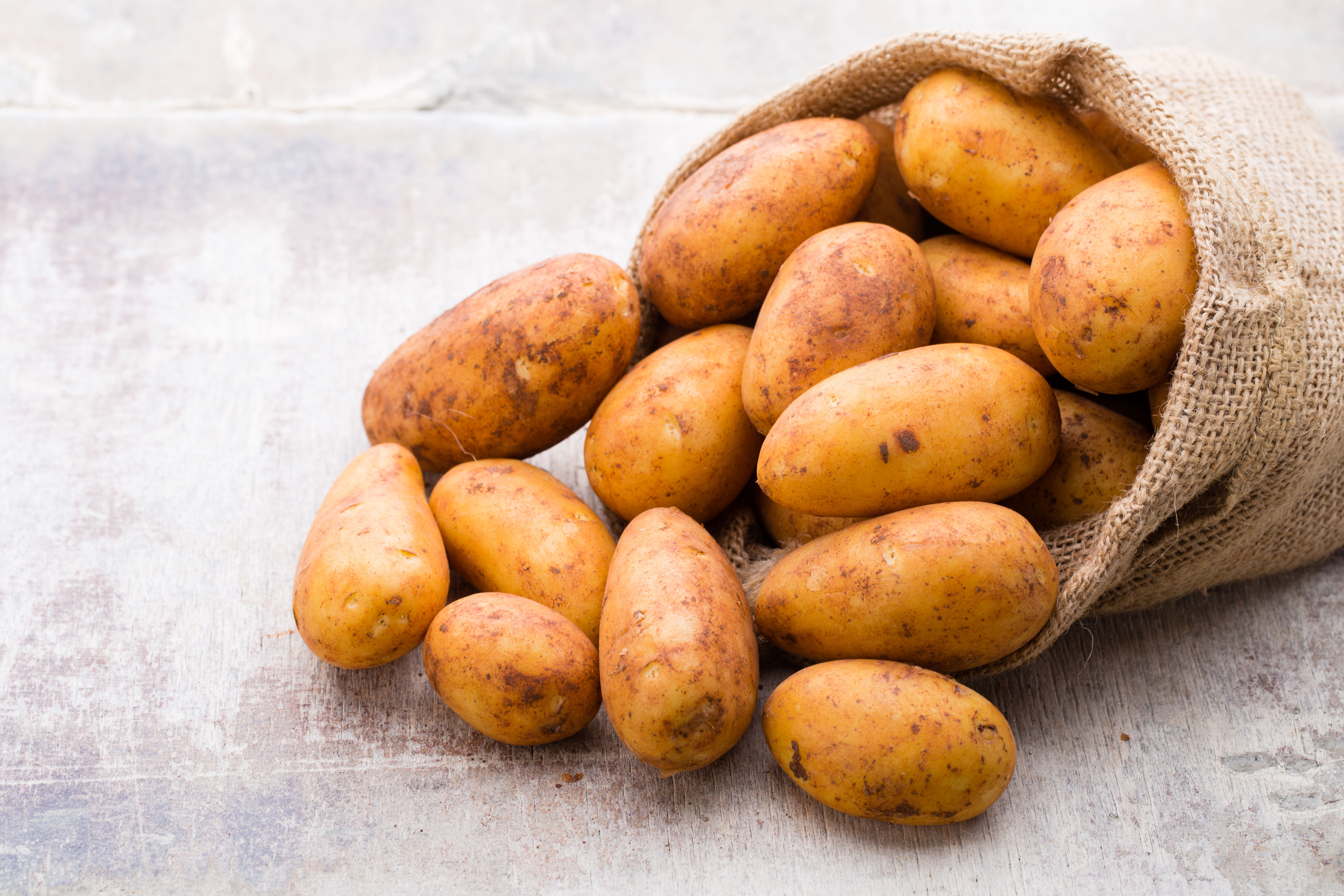
The characteristic yellow color of this vegetable comes from high levels of beta-carotene. The latter is converted into vitamin A in the human body, which prevents night blindness and dry eyes.
Leafy greens
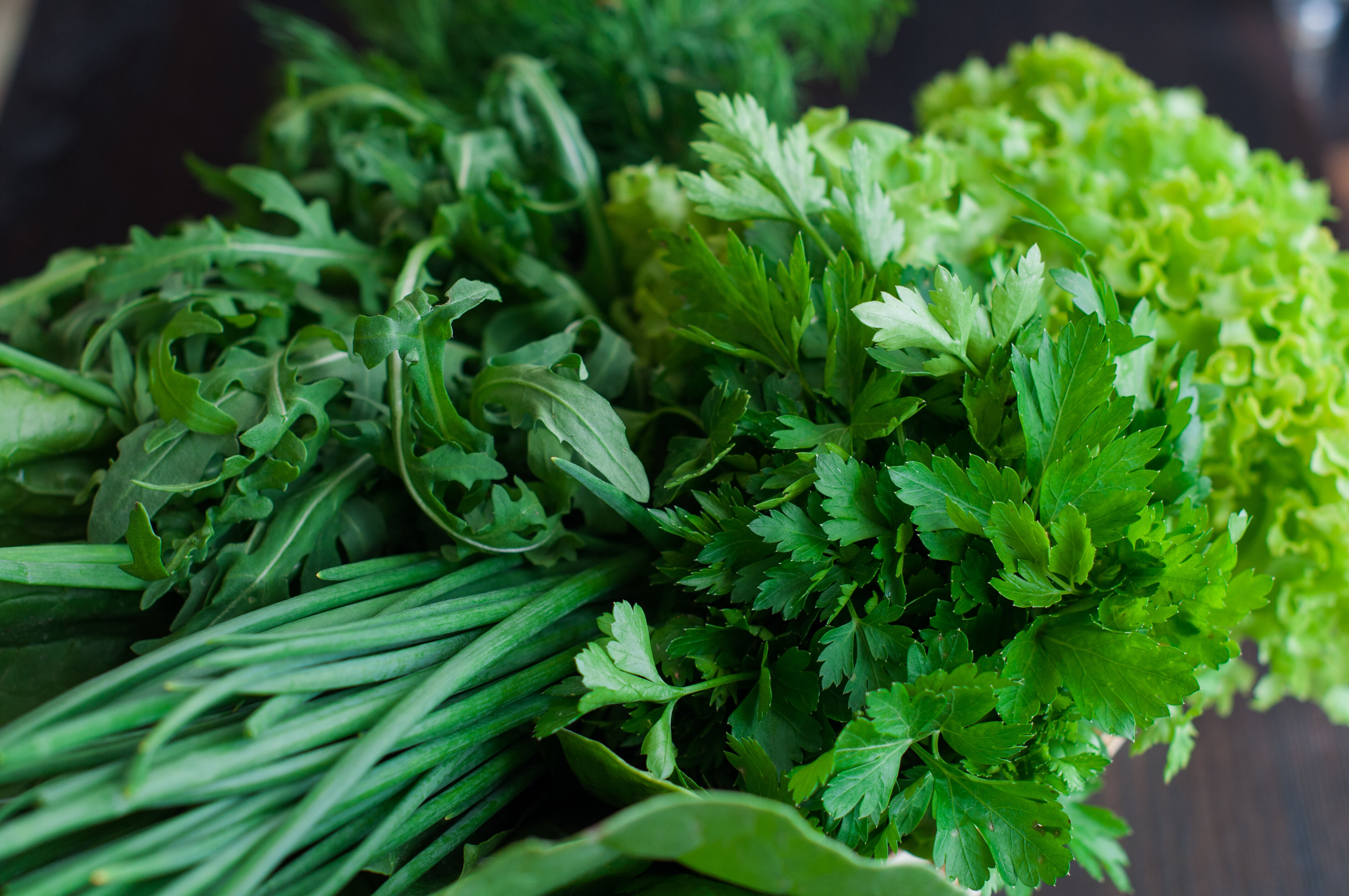
Whatever you cook, remember to eat your greens. Among all foods, dark green vegetables are the richest in lutein and zeaxanthin. This is another reason to add leafy greens to your diet because they are good not only for the eyes but for the whole body. Mixed greens are great for getting antioxidants. Prepare greens with healthy olive or coconut oil to take advantage of them to the fullest.
Bell peppers
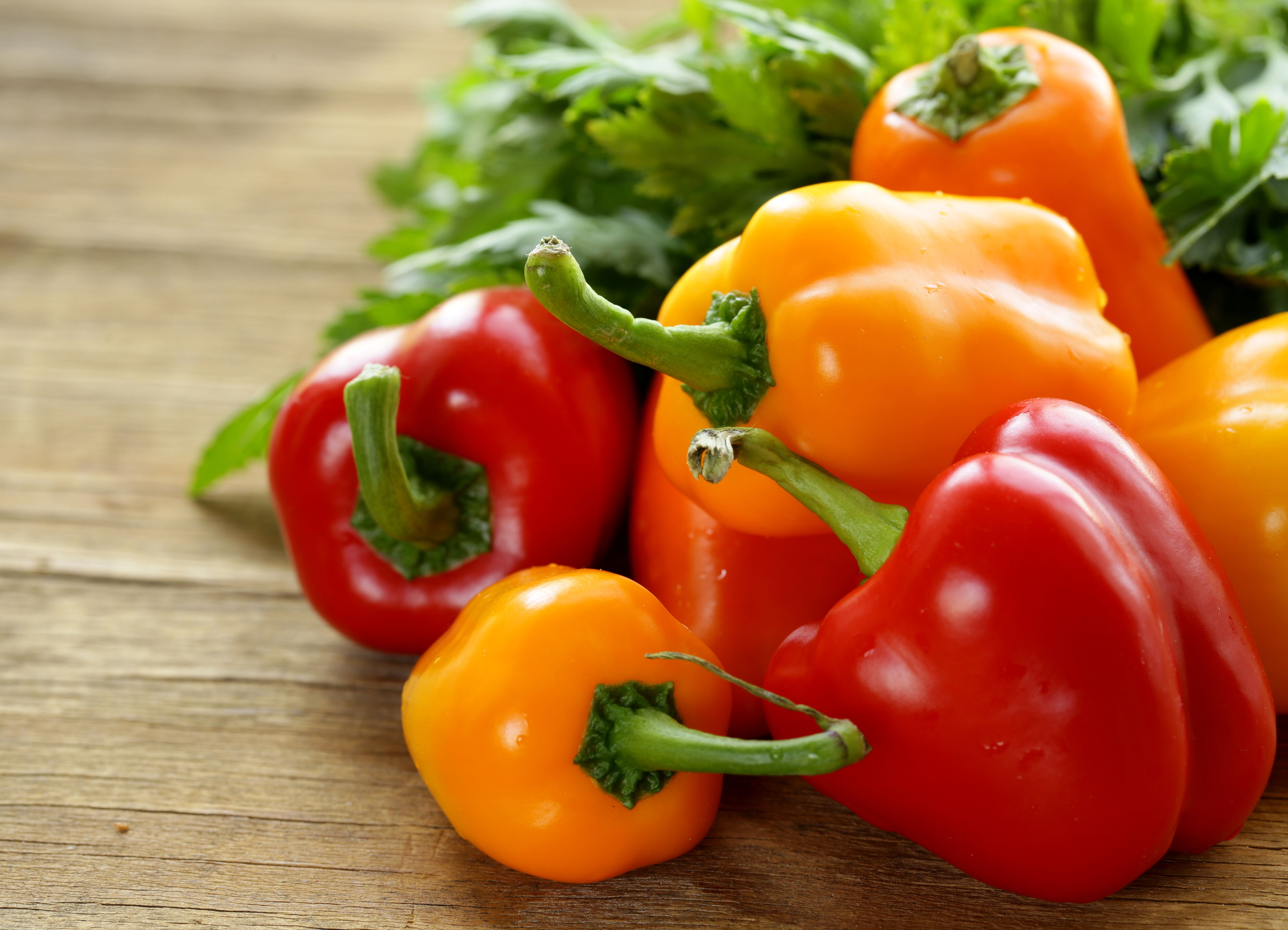
Have you heard that bell pepper is a record holder among vegetables that are good for your eyes, showing a therapeutic effect in the prevention of diseases of the eyes, blood vessels, and the nervous system? This vegetable contains a complex of various vitamins and minerals with record values for some substances. So, just one bell pepper provides 150-170% of the recommended daily intake of vitamin C.
Legumes
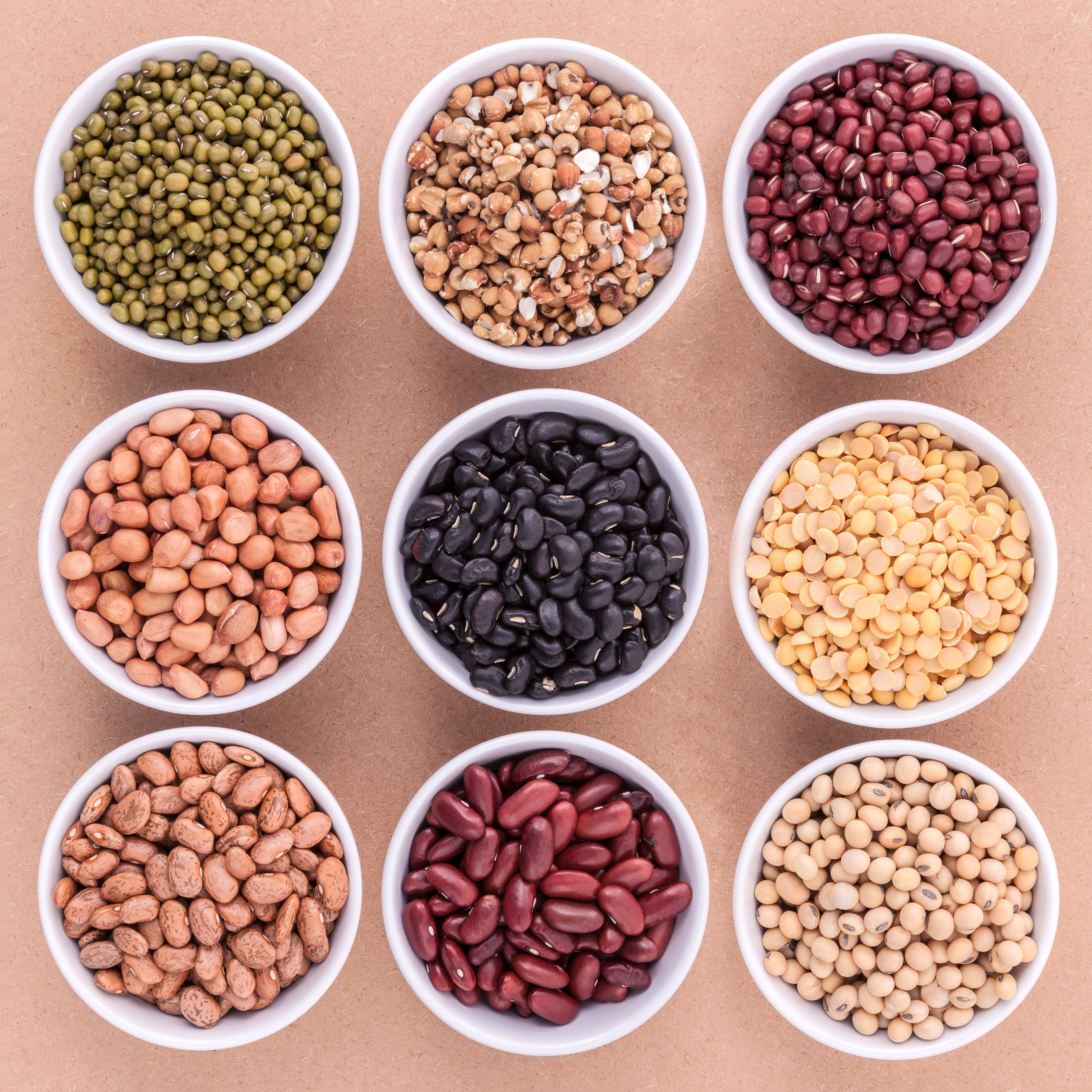
Legumes are unique and valuable products rich in vitamin E for improved eyesight. Regular consumption of legumes such as chickpeas, peas, beans, mung beans, and lentils will help restore visual acuity, relieve crystal clouding, and prevent myopia.
Carrots
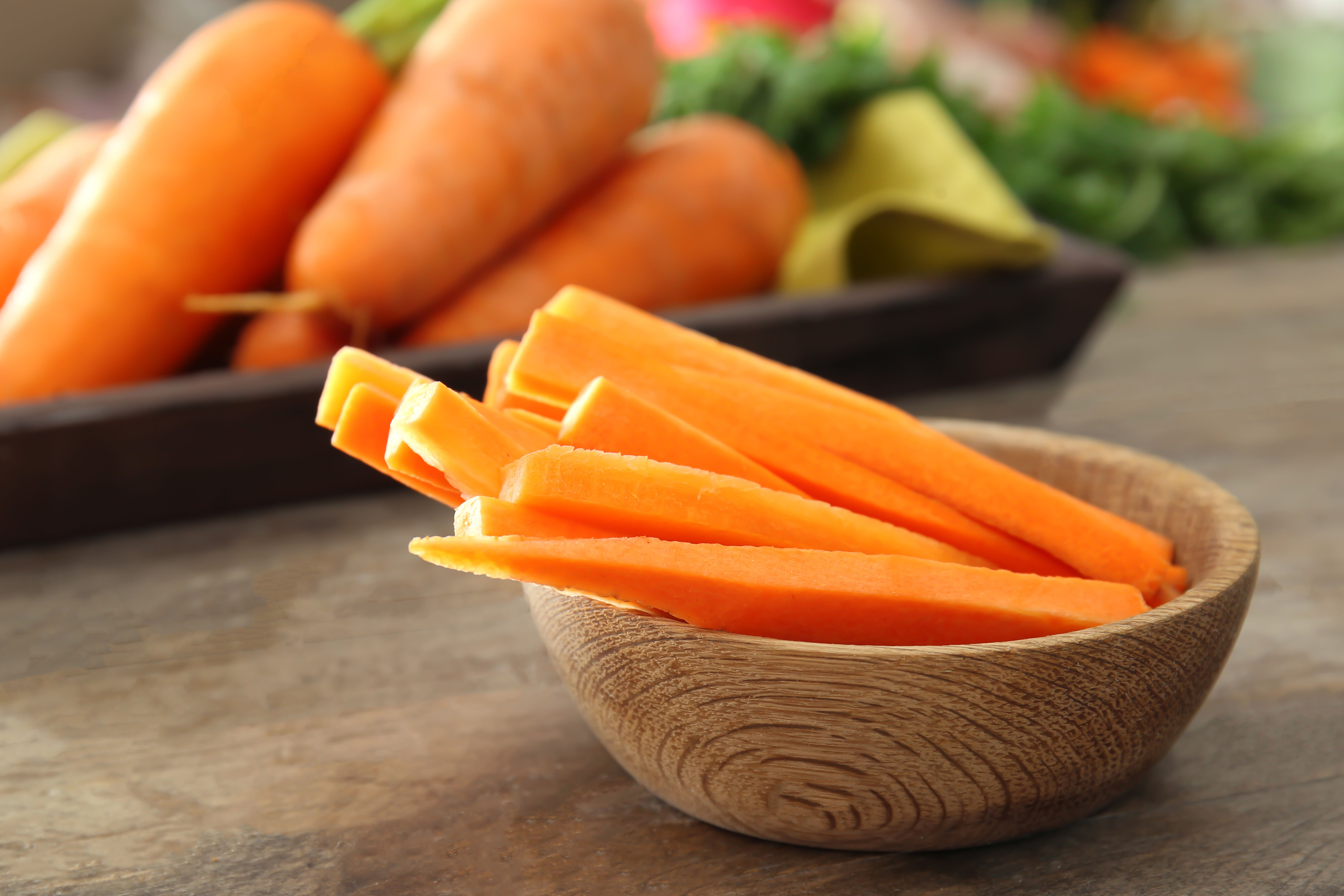
No matter what anyone says, carrots are really good for the eyes, and this is not a myth. These root vegetables provide an excellent source of vitamin A, which is important for keeping your cornea clean. In addition, carrots contain vitamins C, B, D, E, and vital trace elements, such as iron, zinc, calcium, sodium, fluorine, and more, which gives this product the title of the best vegetables for good eyesight.
Beetroot
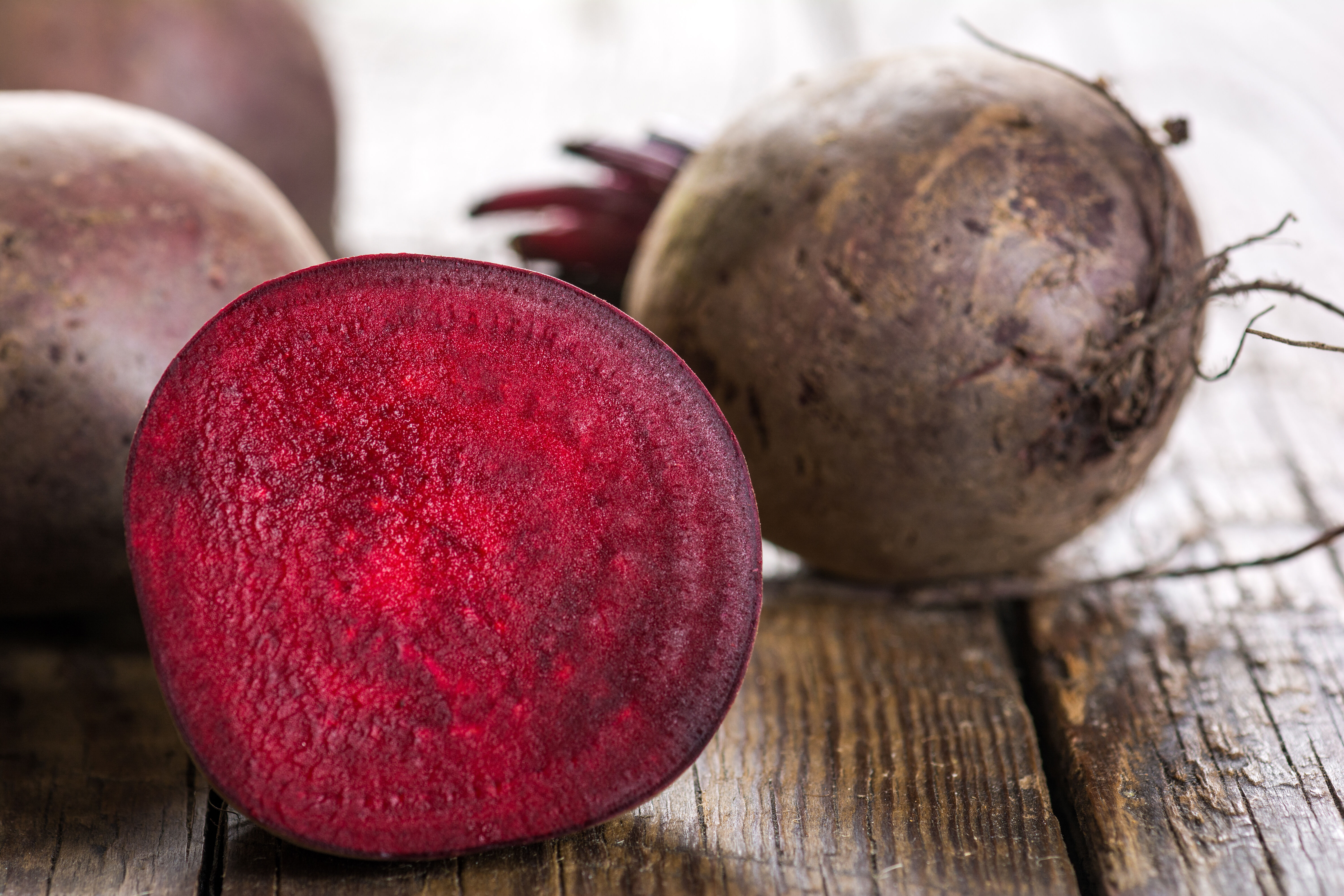
Not many people like its taste, but beetroot has a big benefit, as it helps restore vision and relieve eye fatigue. Beets are rich in zinc, which effectively improves visual acuity. This root crop is also the richest source of nitrates required for maintaining levels of nitric oxide in the body, which helps dilate blood vessels and improve blood flow and oxygen supply to the eyes.
Tomatoes
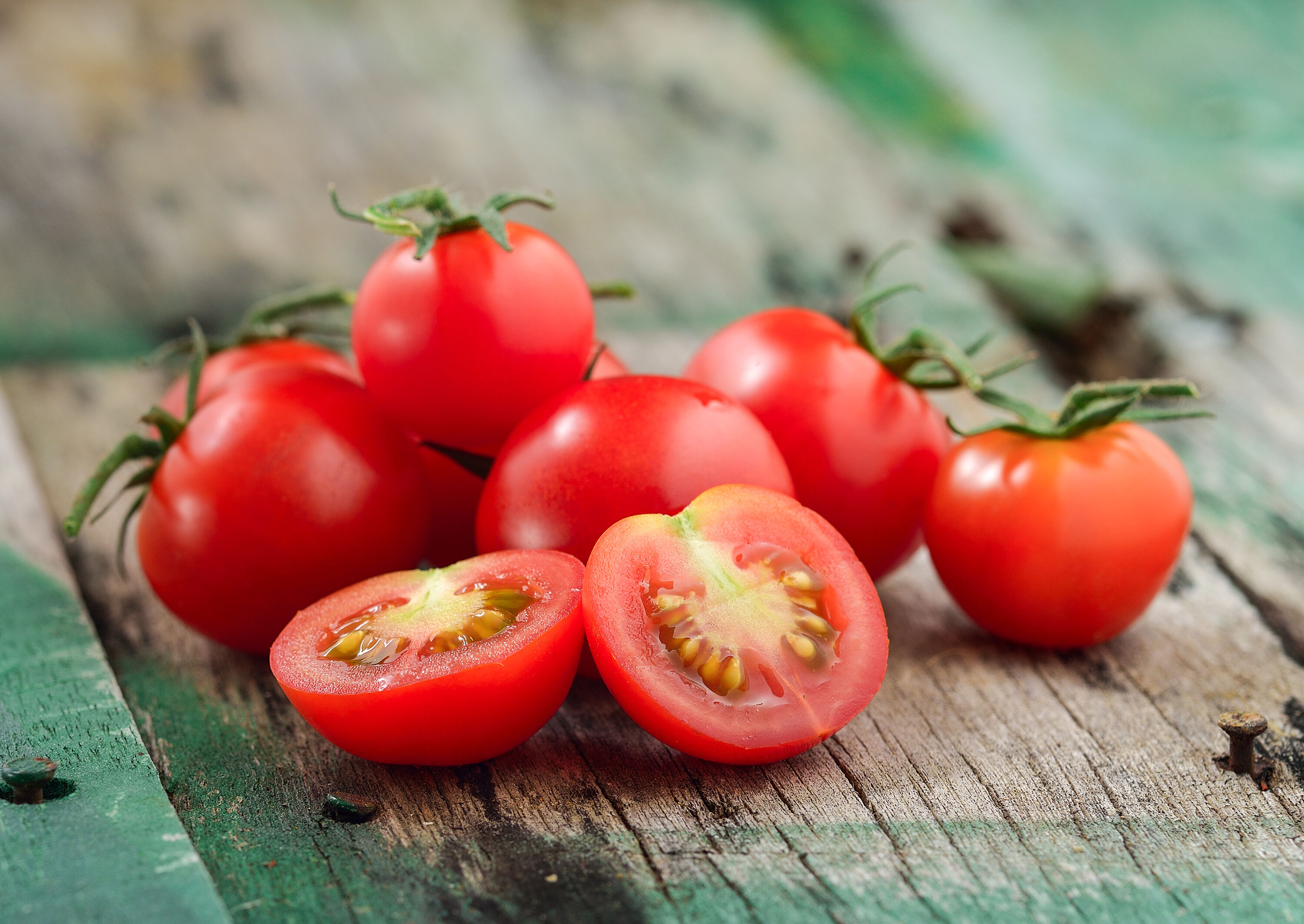
We see tomatoes on the shelves of our markets and shops all year round, which allow us to consume them every day. Tomatoes, like other veggies from our list, contain lutein and beta-carotene — substances that help our eyes by protecting them from cataracts and retinal degeneration. Besides, the very powerful antioxidant beta-carotene in tomatoes is a building block of vitamin A, which is essential for our visual acuity in the dark.
Incorporating Vegetables to Help Your Eyesight
This menu for eye health looks balanced, diverse, and rich in necessary vitamins and minerals. A balanced diet for eyesight benefits the entire body. A properly formulated regimen can protect vision from negative factors and, also, maintain overall health.
Don’t be afraid to look for a new healthy dish. You should consider eating seasonal vegetables from local markets and farmers. Ophthalmologists and nutritionists recommend eating at least 300 grams of vegetables every day, as they contain all the essential vitamins and fiber.
When you decide on your menu that makes vegetables the main hero of every season, you will receive the necessary nutrients from food, and you will not have to use dietary supplements. Once you make friends with vegetables good for eyesight, your life will take on a bright flavor.
